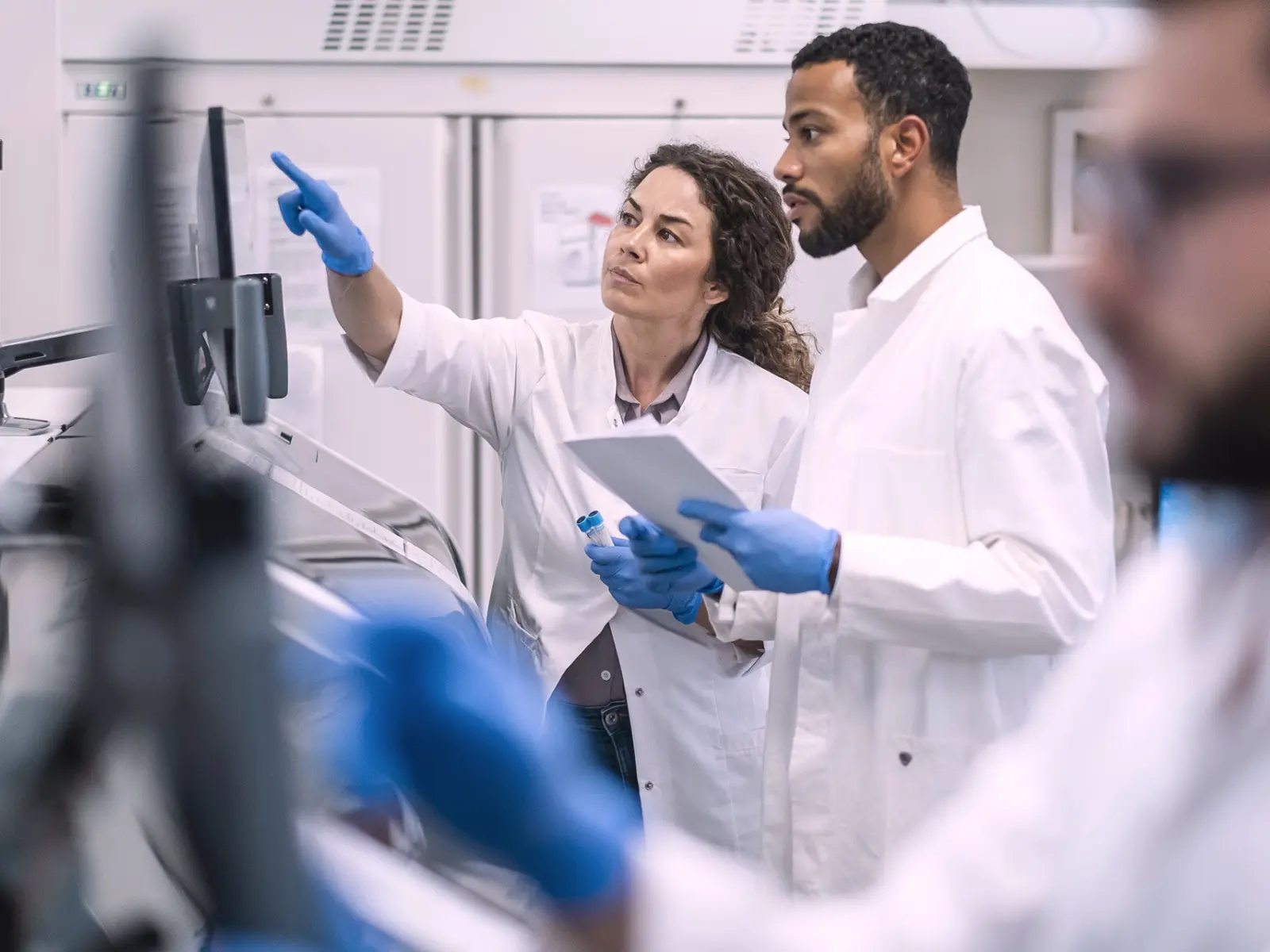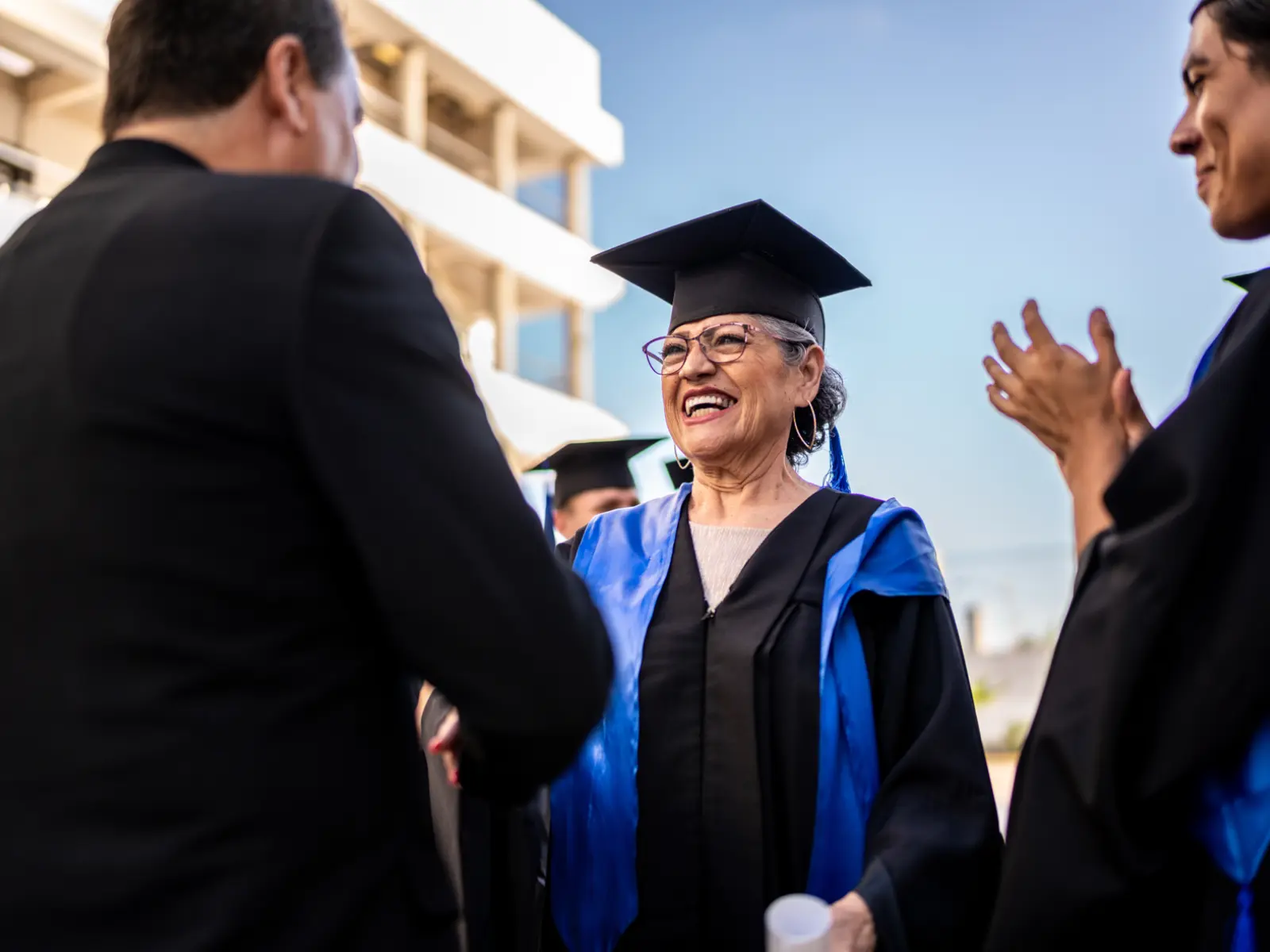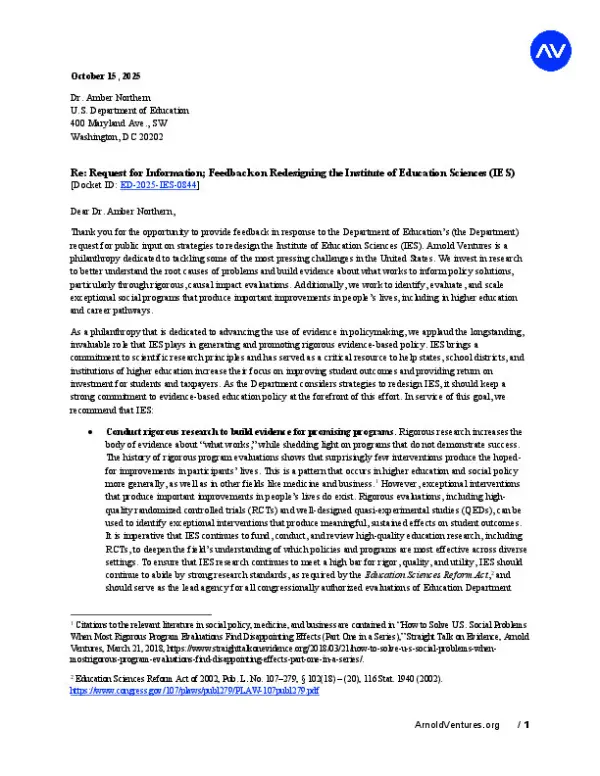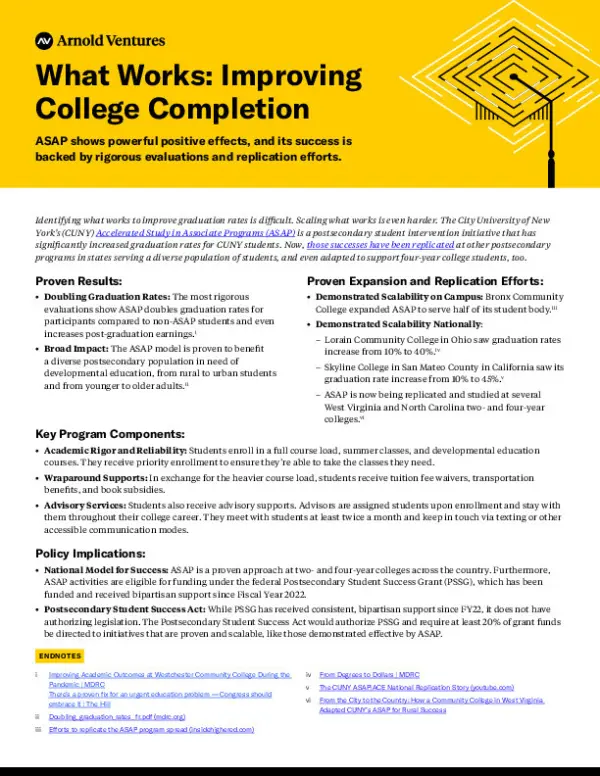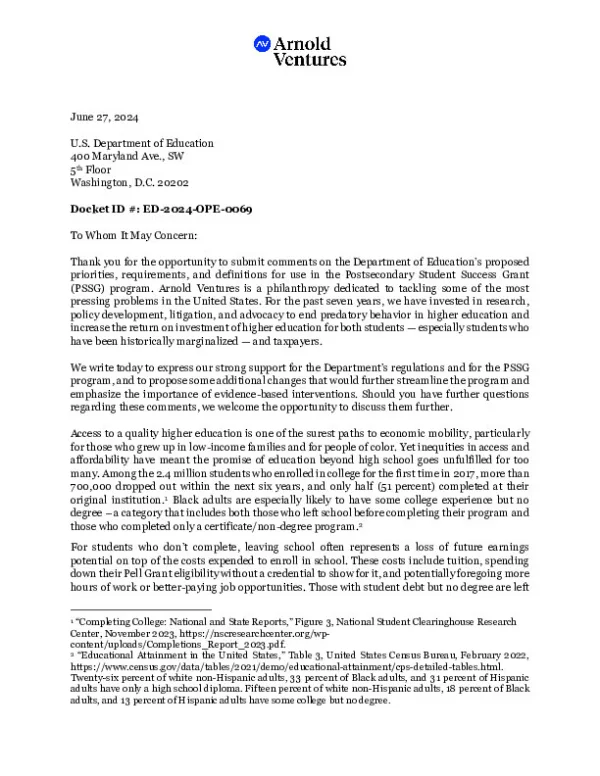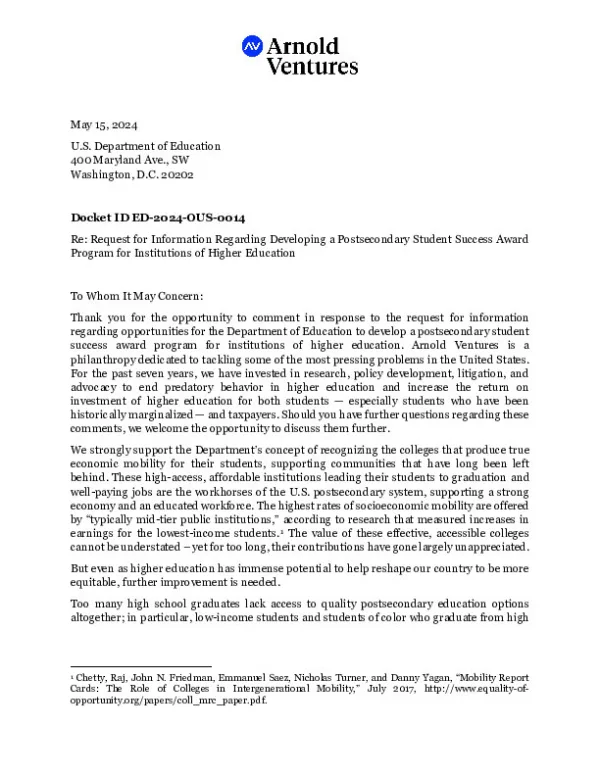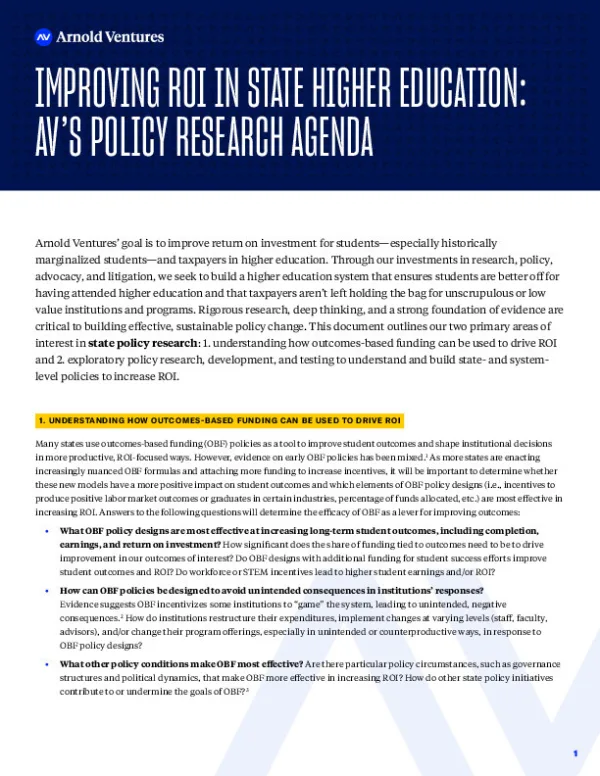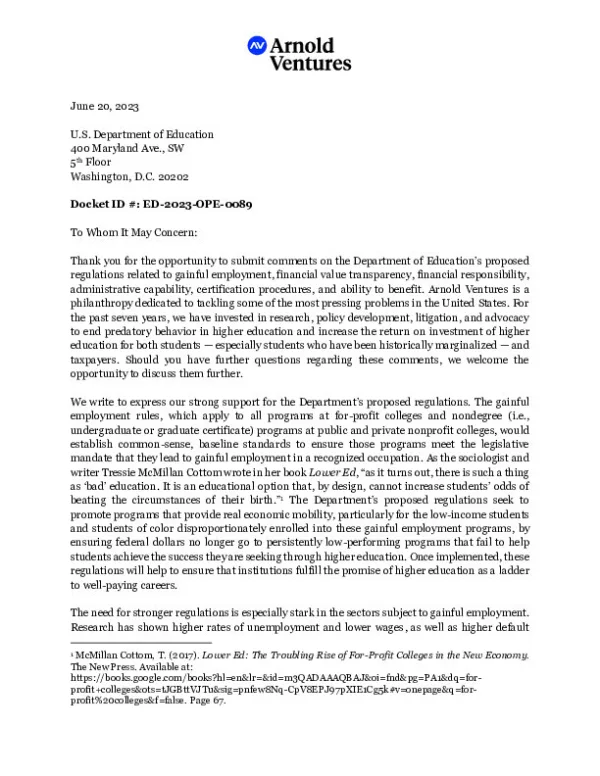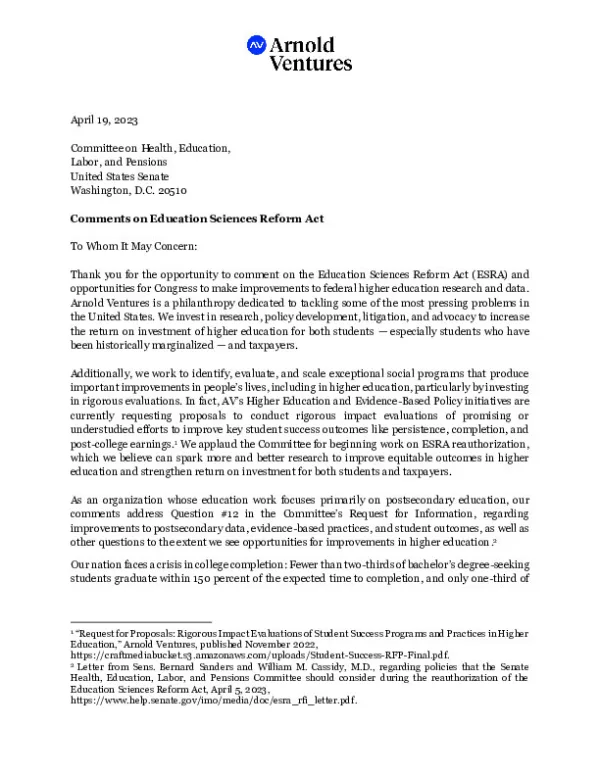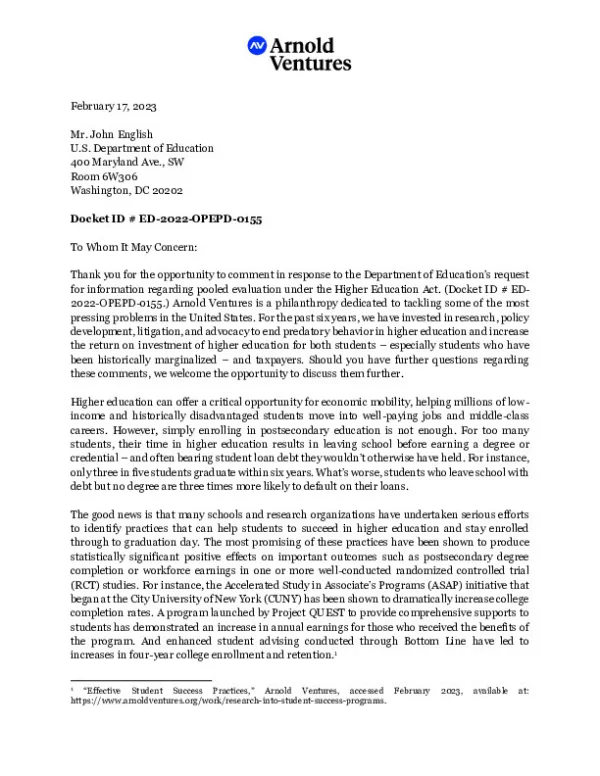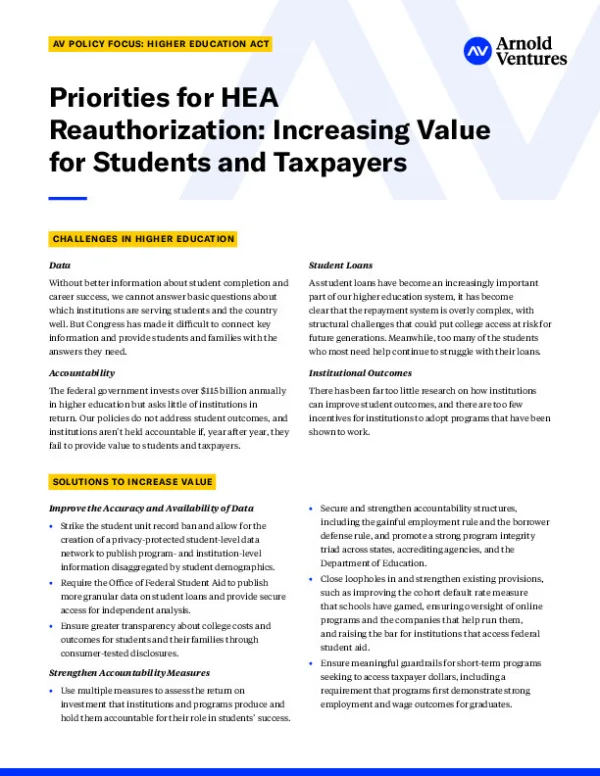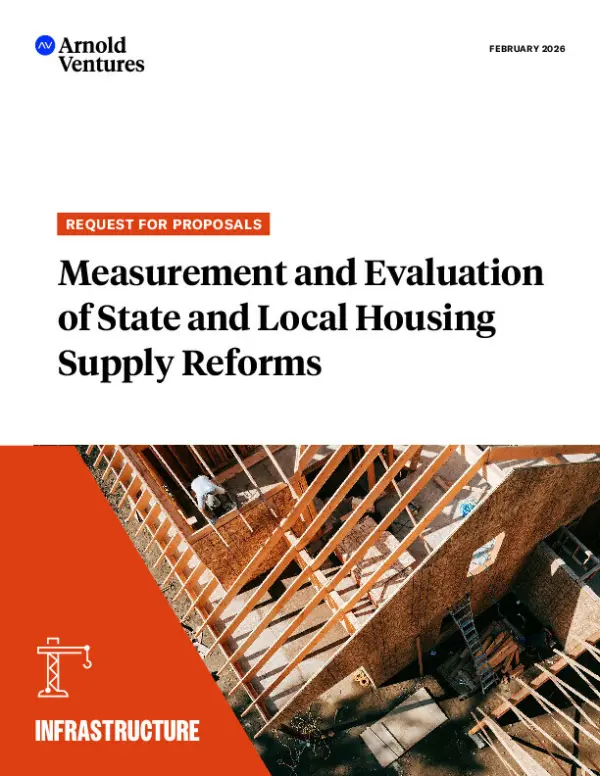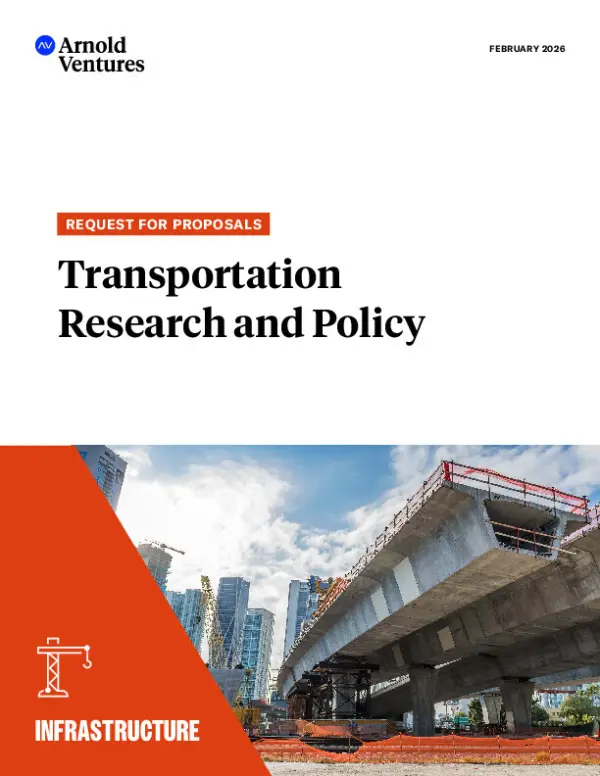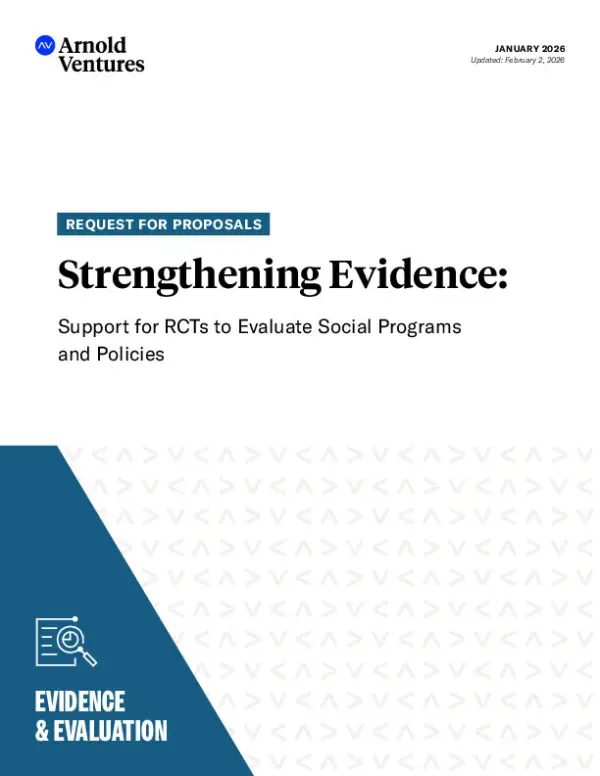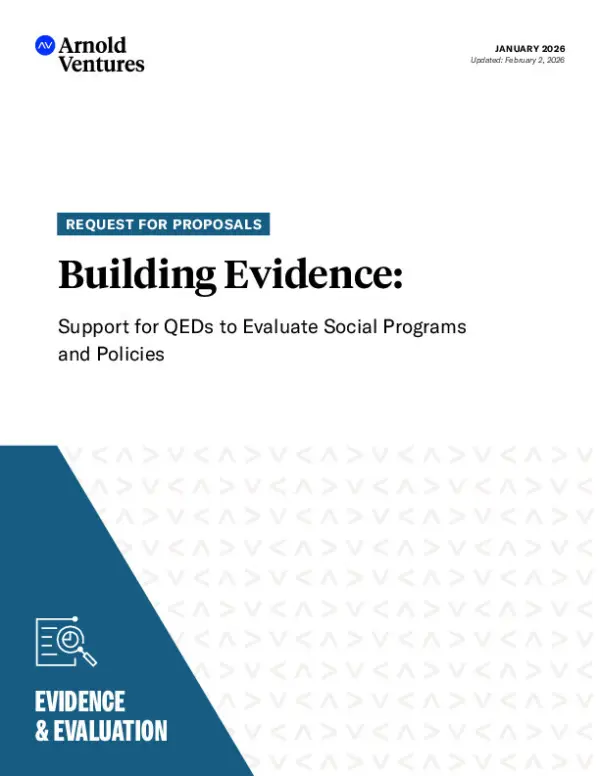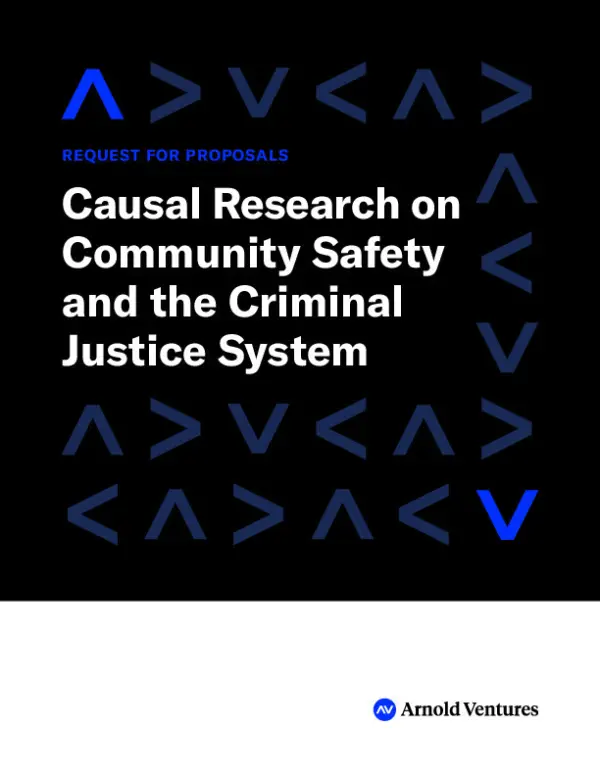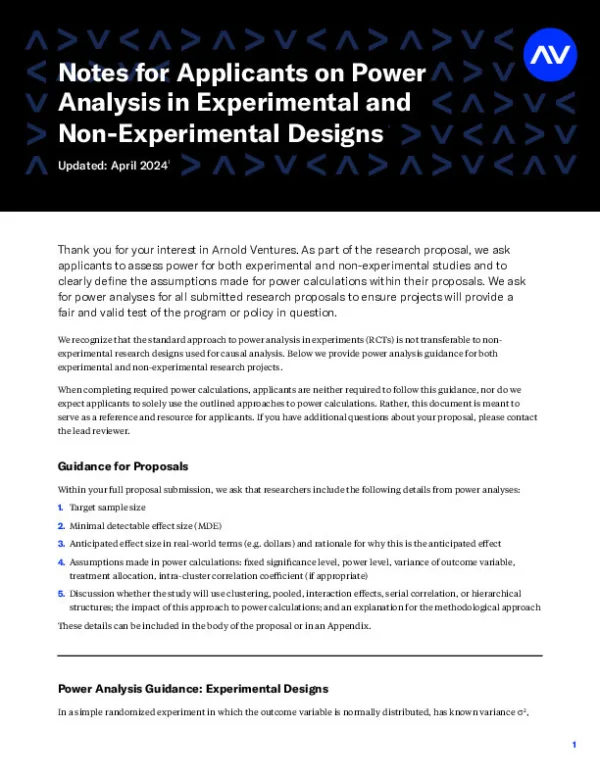Scaling What Works

We seek to identify and scale effective practices that improve student success in higher education and career pathway programs.
Even as access to higher education and career pathways programs have significantly expanded, too many students still struggle to complete their credentials and see a strong return on their investment of time and money. Whether students are pursuing a bachelor’s degree or a short-term credential, they need institutions and programs that provide meaningful economic mobility, not debt without opportunity or training that does not lead to a higher-quality job.
Arnold Ventures supports research to uncover the most effective programs and practices that help students succeed academically, financially, and professionally. That includes evidence-based strategies to improve college completion, as well as testing and scaling career pathways programs such as sectoral training programs, career and technical education, and apprenticeships. We are particularly focused on solutions that work for students who have been underserved by the current system, and on understanding the ingredients in complex programs that most drive impact.
Over the past several years, high-quality research has surfaced programs, models, and practices that can dramatically and durably improve student outcomes. Arnold Ventures is committed to growing this evidence base and advancing the policies and investments needed to scale what works. Our goal is a coherent, navigable education and workforce system that supports high-quality, affordable options, so that all students can access a pathway to a credential of value and a career that provides fulfillment and economic mobility.
Image: In the past decade, many schools have launched student support programs or expanded existing efforts. The most well-known is the Accelerated Study in Associate’s Programs (ASAP) at the City University of New York, which bundled several different approaches campuses were testing into one long-term program. Here, graduates of Baruch College, part of CUNY, participate in a commencement program at Barclays Center in 2017. (Bebeto Matthews/Associated Press)


